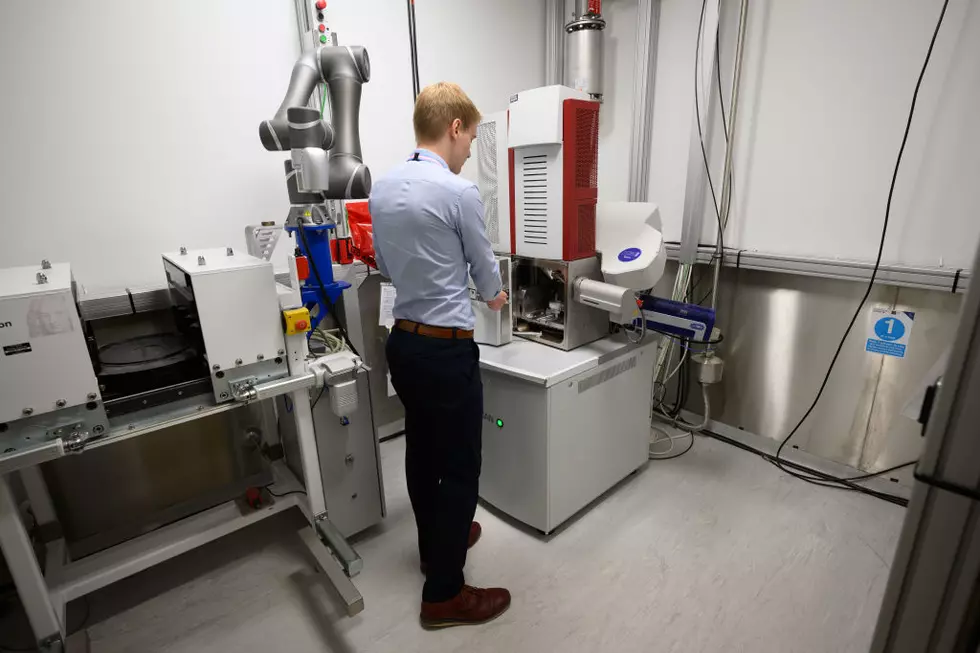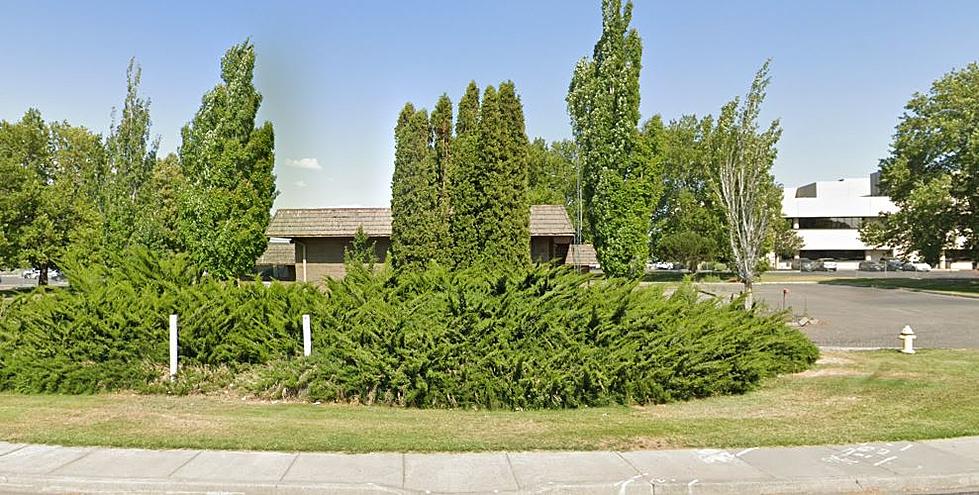
Bush Tax Cuts Did Not Increase Income Inequality–Tax Foundation
A new study by the Tax Foundation shows the Bush era tax cuts did not, despite recent claims by the Obama Administration and news media, widen the gap between rich and poor in America.
According to the Foundation, the gap has been mostly driven by the economic business cycle. From the report:
""Inequality generally increases during eras of growth and economic expansion and decreases during recessionary times," said Tax Foundation economist Will McBride. "Changes in tax rates on high-income earners over the last two decades have been incidental to this trend."
Levels of inequality can also be made to appear higher than they actually are based on how researchers present the data. The most recently published studies on income inequality use either 2006 or 2007 as their end point, without fully correcting for the business cycle. Since the peak in 2007, personal incomes have collapsed to a degree not seen since the Great Depression. The most dramatic collapse has been in high incomes. Since 2007, for example, the number of millionaires has dropped 40 percent, while income reported by millionaires has dropped in half.
"It is not evident that the Bush tax cuts in either the top marginal rate or capital gains rate had any long term effect on inequality. If anything, they appear to have reduced inequality," said Tax Foundation economist Will McBride. "Therefore, a return to Clinton-era tax rates would not necessarily reduce inequality."
The report goes onto say, fluctuations in the economy, or a falling economy, are more responsible for the gap than anything else. Economic factors, not the cuts, as claimed by the media and Obama Administration.
More From 870 AM KFLD









